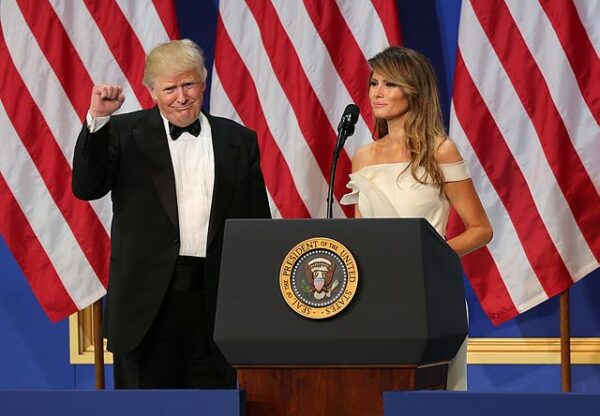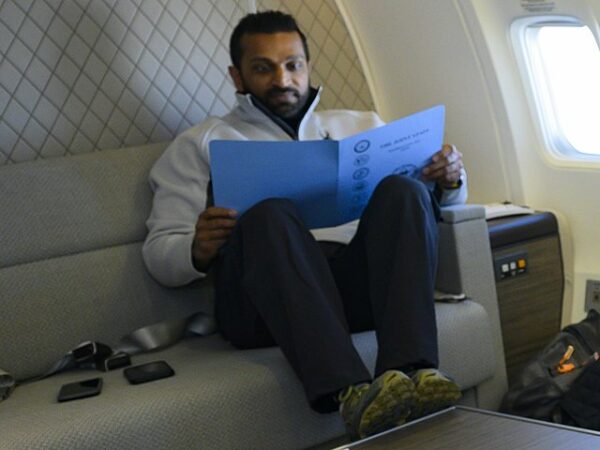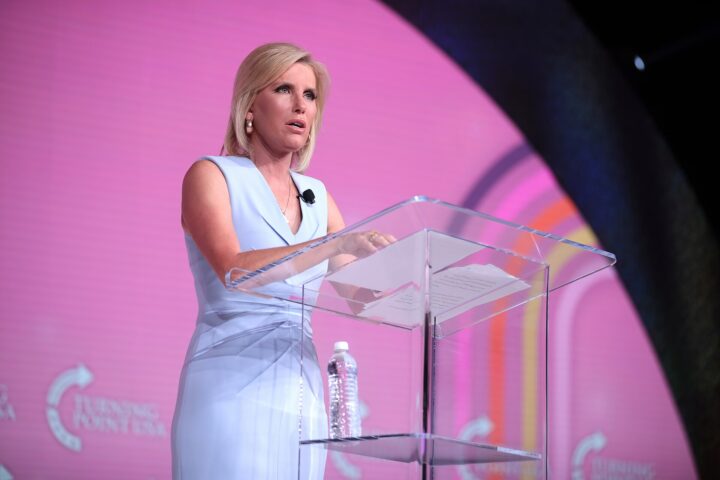President Donald J. Trump, who has built his political brand on hawkishness toward Beijing, found himself under fire Monday night from some of his most loyal supporters after pledging to dramatically expand the number of Chinese nationals admitted on student visas.
Speaking from the Oval Office, Trump promised that “600,000 Chinese students will be admitted to U.S. universities,” a stark reversal of his administration’s earlier posture.
The president hailed Beijing as “a very important partner” and added, “We’re going to allow their students to come in. It’s very important, 600,000 students. It’s very important. But we’re going to get along with China.”
The announcement came despite a vow as recently as May from Secretary of State Marco Rubio to “aggressively revoke” visas of Chinese nationals tied to the Communist Party or involved in sensitive research.
At the time, the administration emphasized that Chinese students presented not only economic competition but also national security risks.
Mr. Trump’s pivot now has some of his fiercest supporters questioning whether he is retreating from the “America First” vision that has animated his movement.
Laura Loomer, the outspoken MAGA activist often described as a firebrand, led the charge. Sharing a clip of Trump’s remarks, she blasted the new policy as naïve and dangerous.
Calling Chinese students “CCP spies,” Ms. Loomer complained that the “basic math” of admitting hundreds of thousands of foreign students undermined deportation policies the administration has championed.
Her frustration was not hers alone. In a rare show of agreement, Representative Marjorie Taylor Greene, Republican of Georgia, echoed the criticism despite her long and bitter rivalry with Ms. Loomer.
Both warned that welcoming so many Chinese students could flood American campuses with individuals loyal to the Chinese Communist Party rather than the United States.
The pushback underscores the tension inside Trump’s movement as he attempts to recalibrate policy toward China in the midst of high-stakes trade talks.
While the president has doubled down on tariffs—warning Beijing that Washington must secure access to rare earth magnets or face duties of up to 200 percent—he signaled that students should not become pawns in the trade war.
That balancing act has left many conservatives puzzled. On one hand, Trump is demanding that China grant concessions on key economic resources.
On the other, he is extending an olive branch by welcoming hundreds of thousands of Chinese nationals into America’s higher education system.
To critics like Ms. Loomer, the contradiction is glaring. To them, protecting America’s intellectual property and ensuring campus security should rank as high as renegotiating trade terms. By her account, “CCP spies” on U.S. soil are as much a threat as cheap Chinese exports.
Trump’s allies in Washington now face a difficult choice: rally behind the president’s overture in hopes of easing tensions with Beijing, or side with grassroots activists demanding a harder line.
The episode illustrates not only Mr. Trump’s instinct for deal-making but also the ideological strain within his movement as he courts cooperation abroad while fending off dissent at home.
[READ MORE: Trump Floats Reviving “Department of War” Name for Pentagon]








